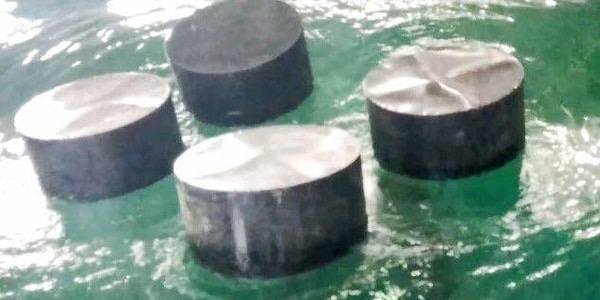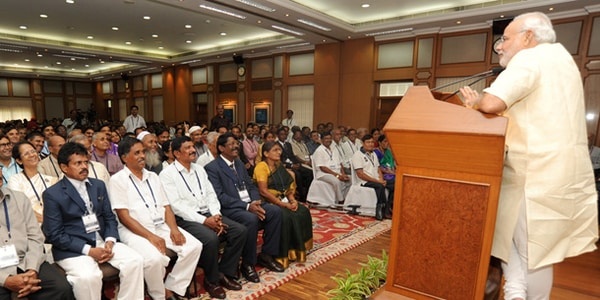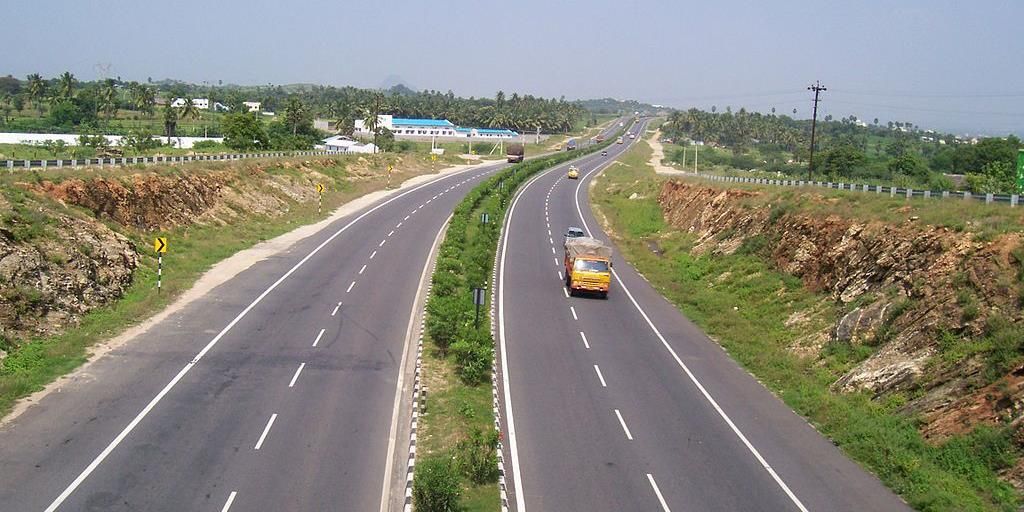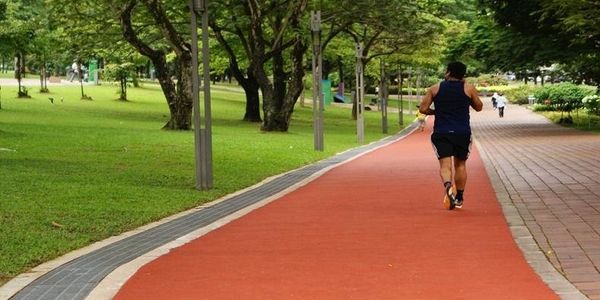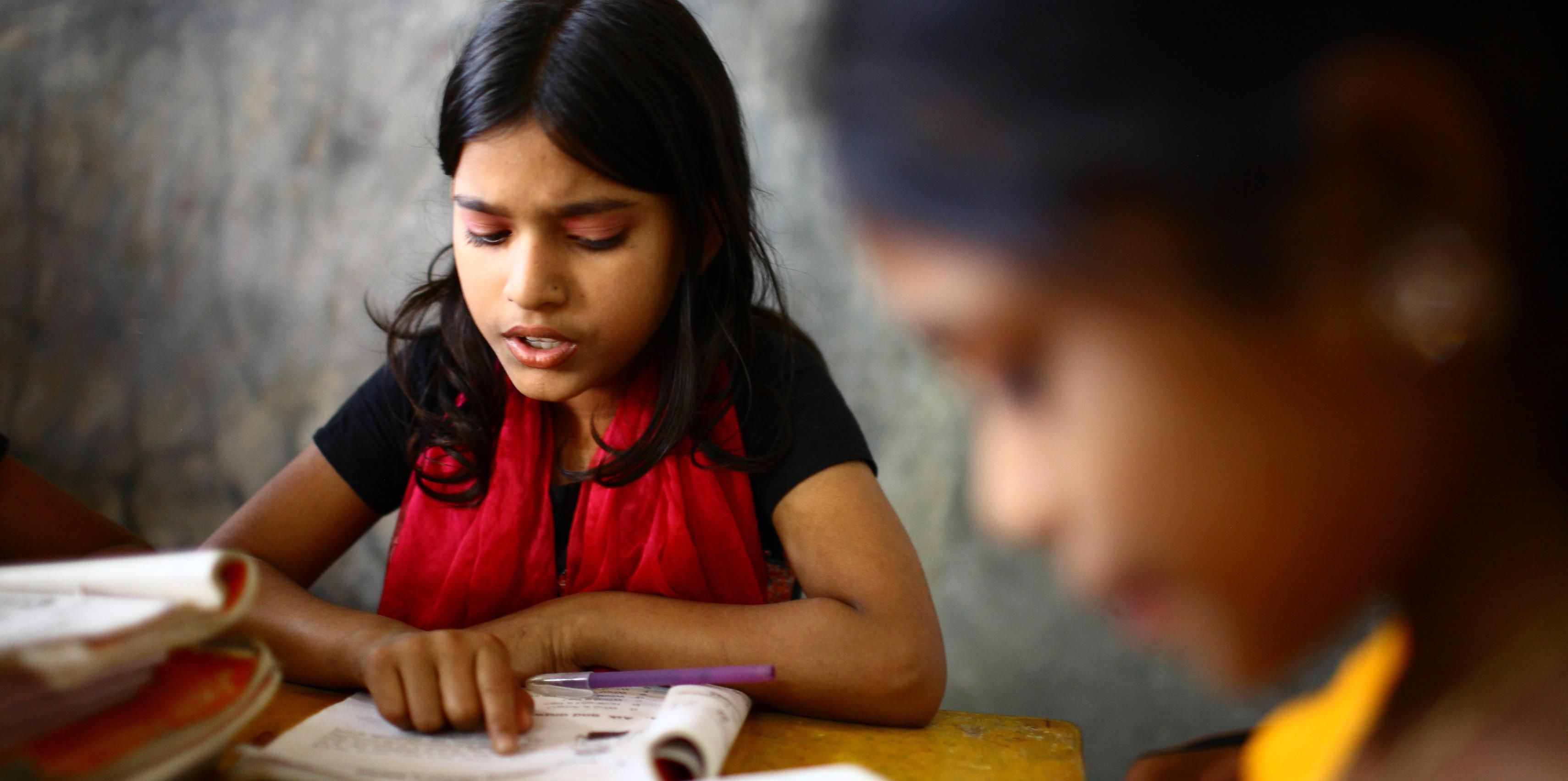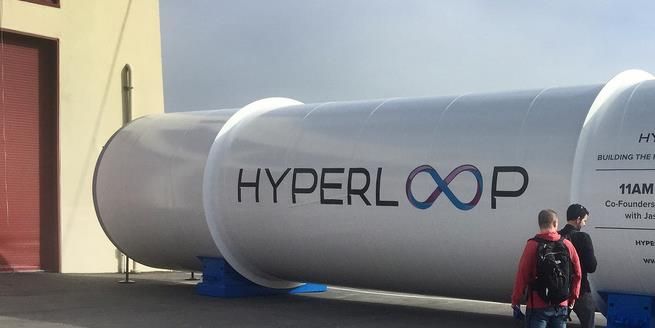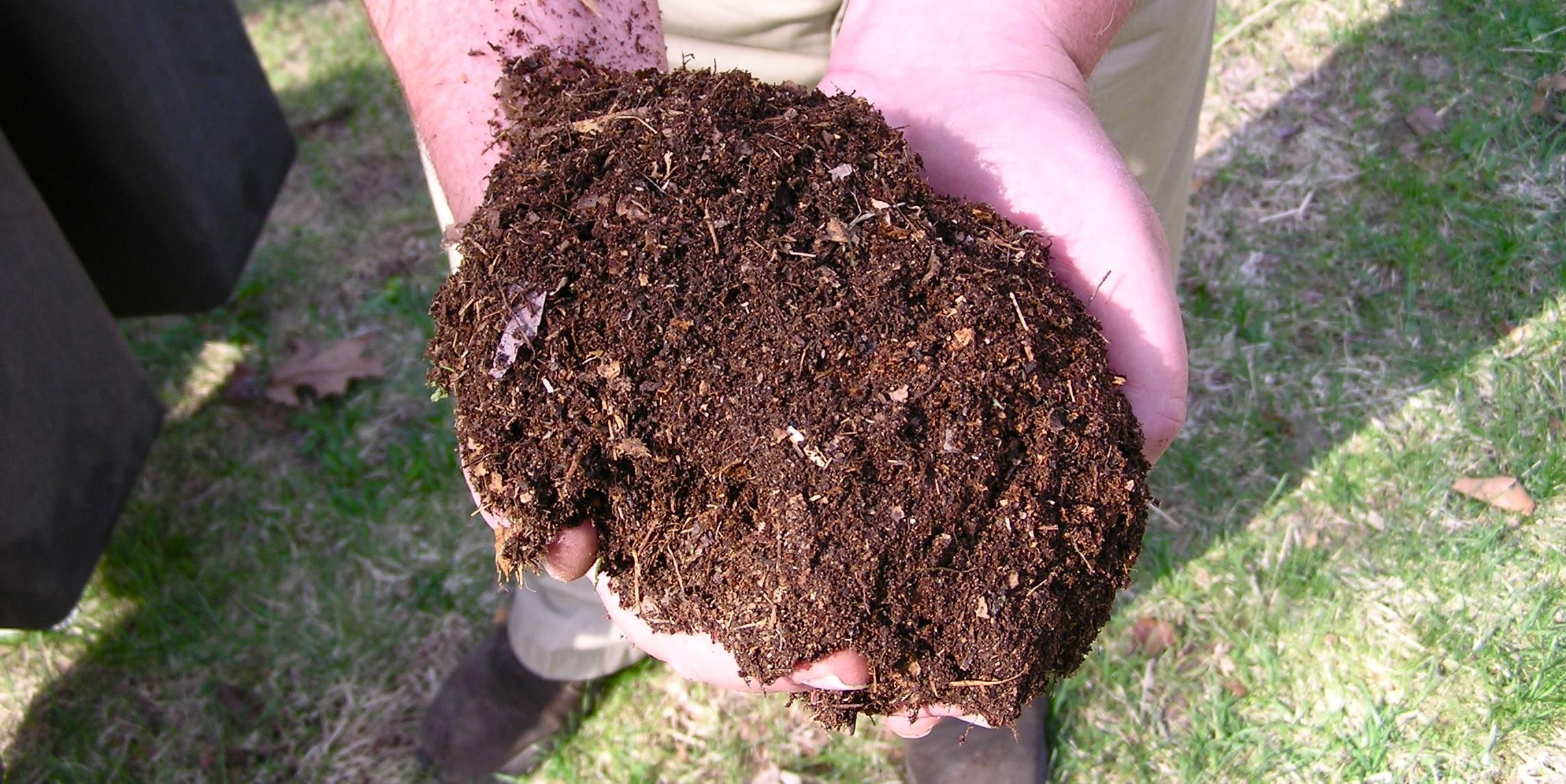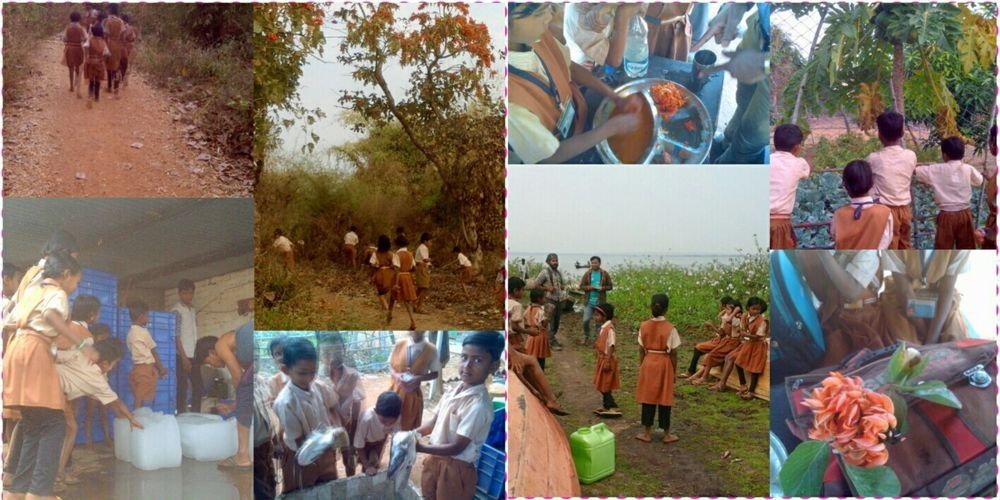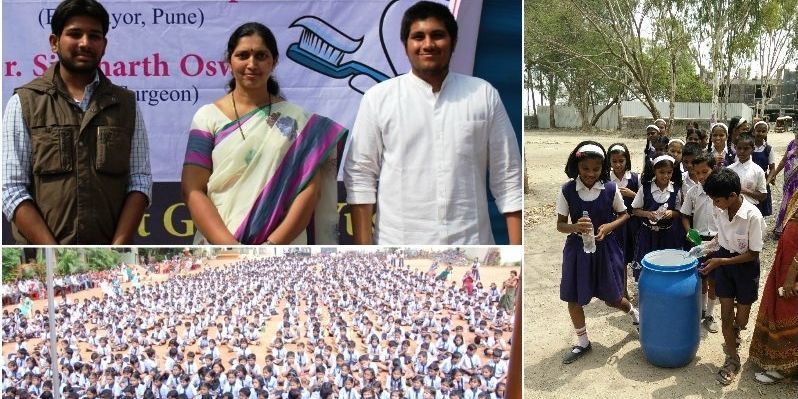An Eye Opening School Trip to Tadoba jungle and Irai Dam
It's been a great time, wandering with students along fishing site near coast of Irai Dam near Chandrapur and Tadoba Andhari Tiger Project in Vidarbha.
We moved at sharp 8:00 am from our Z.P.Primary School, Bhamdeli, in Chandrapur District of Maharashtra. The turns and twists as also the ups and downs of countryside muddy path towards fishing toll, overwhelmed us with lot of natural beauty.
Summer made the previous day so hot, but sudden rain in Tadoba jungle brought all greenery back. I put on my jacket and headed for a nature trail with Pramik Kannan, a naturalist of Satpuda Foundation and students.
On the way, we saw many Palas trees blossomed with faint and dark saffron flowers. It is a flower whose petals are used for making natural colours, in countryside. Students rushed to collect as many flowers as they can. As I instructed them earlier about making of colours after the visit.
Soon they finished and ran to fishermen. Students were asking them questions like a rapid fire round in a quiz show on the TV. As the fishermen were from Andhra Pradesh, Bihar and Odisha, they could not understand Marathi, so I became a mediator for proper comprehension of both.
The fishermen cooperated with us a lot. They gave us information of all processes involved in this business. Then students were taken to the ice store. They observed how ice is broken into small pieces; fishes are kept in cool containers and transported. Students also observed the small tents (huts) of fishermen's families. Students wanted to chat with their kids but they couldn't understand Marathi.
I instructed students to sing a poem of third standard. They began to sing ,"Nakhava Dada Nakhava Dada...." a poem depicting "Konkan's natural beauty and fishing boats."
We came across a colony of fishermen. Their huts were more than four feet above the ground level and roof with slant slop. All the huts were made by using the hay and straws with a wooden bamboo base. Students understood that the huts were erected for the temporary purpose. These fishing families don't stay there for not more than four months. Soon they earn enough and go back to their states and spend rest of months at their own place.
After some time, we marched for the bank of Irai Dam. We saw actual fishing there. We saw long nets, wooden boats, small dongas (a country made boat ) with propellers and engines. Some fishermen had very less attire on body, some had a turban and a short dhoti.
Students gathered shells from the coastal side. We sighted many birds there like - black drongo (kotwal in Marathi), Indian Roller (Neel Pankh in Marathi), Rosy and Brahmini Starlings (Mynas in Marathi), Red-wattled lapwing, Marsh Harrier, Pond Heron, Egrets. Pramik told us specialty of each and every bird we sighted. During his session we sat on wooden boats and understood the life cycle and ecological importance of the birds.
On our return journey we saw organic farming, in a little space having good yield of cabbage, tomato and papayas near the wet toll.
This school trip enriched all of us with plenty of experiences. The discussion we had was really eye opening. Nature gives us food, shelter, clothing and much more. All our essential needs are fulfilled by it. Every creature on earth has it's importance and specific role to perform. Nature follows it's own rules. Then why doesn't man?
With the advancements in science and technology we are heading towards our own destruction, though it's meant to make human life smoother. Man, for his wants is exploiting nature. We witness the results of all this in the form of global warming , earthquake, droughts, flood, all kinds of pollution and the lot. If the same happens continuously, it won't take a million years for human extinction on earth.
Hence, sensitizing the young generation, especially students, will go a long way in conservation of our beloved planet. Such nature trips are certainly helpful in this regard.
These are my personal views. I am pleased to put them before you.
